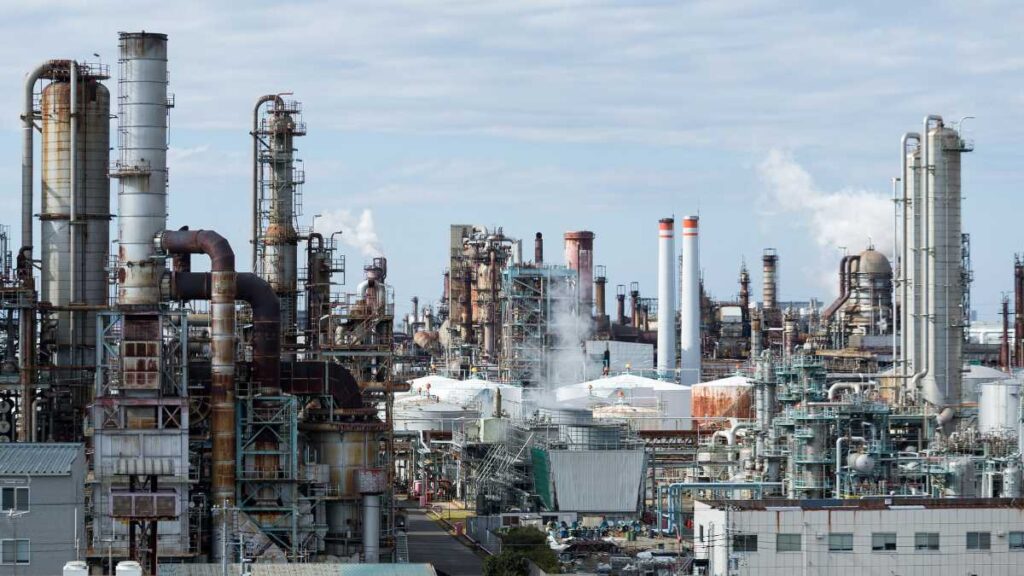AI in oil production is rapidly emerging as a game-changer for the UK energy sector, revolutionising how companies approach drilling, monitoring, and optimisation. Industry leaders recently highlighted at the CERAWeek conference in Houston that artificial intelligence is not only making oil extraction faster and cheaper but also significantly more efficient. This technological leap is setting a new standard for operational excellence across the industry.
Boosting Efficiency Through AI-Driven Innovations
Major players in the oil and gas sector, including BP, Chevron, and Devon Energy, are harnessing AI to streamline their exploration and drilling processes. For instance, BP has integrated AI to guide drill bits with precision while predicting potential well failures before they occur. According to Ann Davies, BP’s senior vice president of wells, this technology allows the company to drill more wells annually and allocate capital more strategically. Such advancements are pivotal for maintaining competitiveness in the UK energy market.
Devon Energy, another trailblazer, has utilised AI to unlock drilling opportunities in areas previously considered too complex or costly. By employing AI-driven data analysis, the company can now map geological faults and navigate around them, opening up new possibilities for resource extraction. Similarly, Chevron has deployed AI-powered drones to monitor its shale operations in Texas and Colorado. These drones have proven instrumental in reducing downtime and boosting productivity, showcasing the transformative potential of AI in oil production UK operations.
Cutting Costs and Mitigating Risks
One of the most significant advantages of AI in oil production is its ability to reduce costs and mitigate risks. At Devon Energy, AI-powered monitoring systems have extended the productive life of oil and gas wells by an impressive 25%. Meanwhile, BP has slashed its offshore seismic data analysis time in the Gulf of Mexico from six months to just eight weeks. This acceleration in decision-making not only reduces operational risks but also enhances overall efficiency.
Chevron’s use of AI drones to detect emissions leaks further underscores the technology’s value. By identifying and addressing leaks promptly, the company minimises downtime and ensures compliance with environmental regulations. These innovations highlight how AI is helping the oil and gas sector operate more sustainably and cost-effectively.
Gaining a Competitive Edge
Industry experts agree that AI is no longer a luxury—it’s a necessity for survival in today’s competitive landscape. Chicheng Xu, founder of OpenPetro AI, explained that AI can swiftly analyse vast amounts of geological data, generating detailed 3D visualisations in a fraction of the time it would take humans. Trey Lowe, CTO of Devon Energy, issued a stark warning: companies that fail to adopt AI risk falling behind as the industry evolves.
For UK-based oil and gas firms, embracing AI in oil production is crucial to staying ahead. The technology not only enhances operational efficiency but also provides a strategic advantage in a rapidly changing market. As global demand for energy continues to rise, those who invest in AI will be better positioned to meet these challenges head-on.
The Future of AI in the Oil and Gas Sector
As AI becomes increasingly advanced and accessible, its role in oil production is set to expand. Companies that invest in AI now will reap long-term benefits, including reduced costs, improved efficiency, and enhanced sustainability. Automation is expected to play a central role in shaping the future of the energy sector, enabling businesses to optimise their operations and maximise output.
The integration of AI in oil production UK operations represents a pivotal moment for the industry. By leveraging cutting-edge technology, companies can overcome traditional barriers, unlock new opportunities, and drive innovation. As the energy sector continues to evolve, AI will undoubtedly remain at the forefront of this transformation, paving the way for a more efficient and sustainable future.

